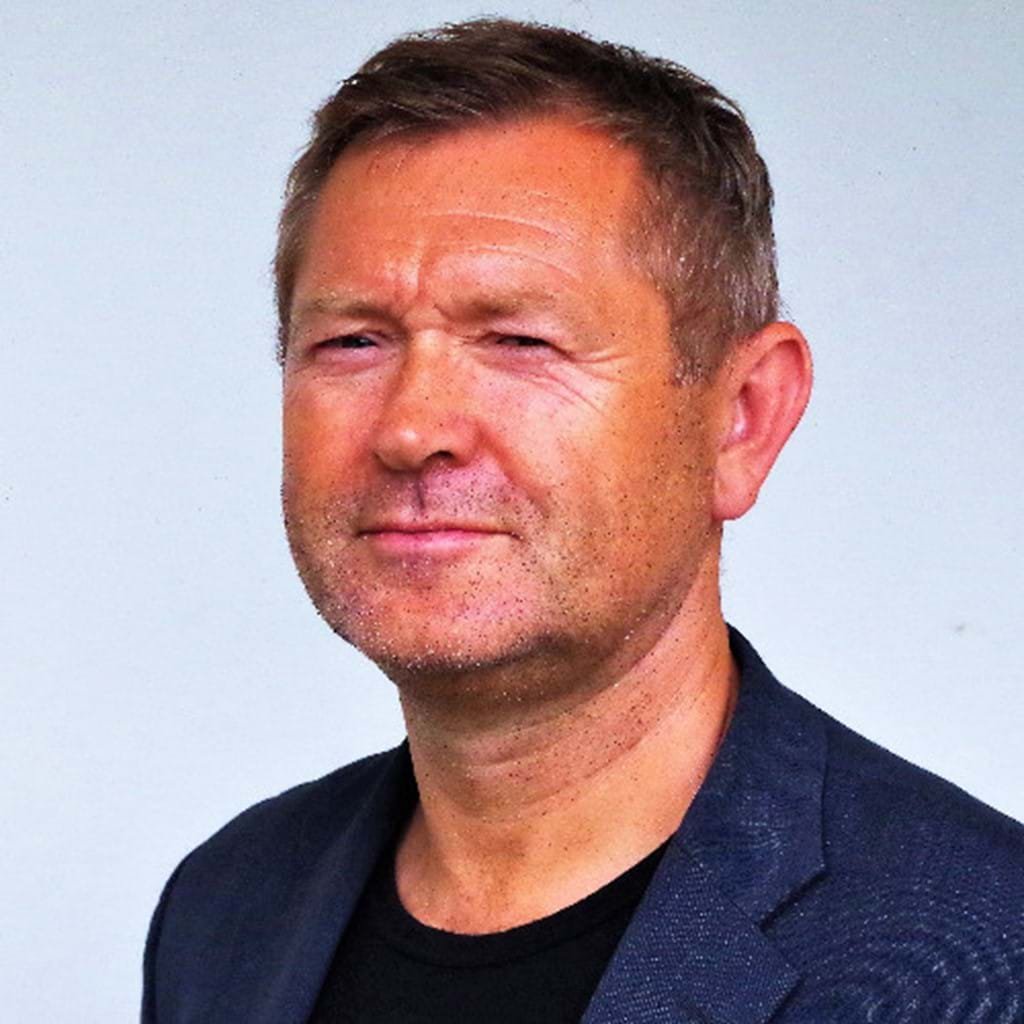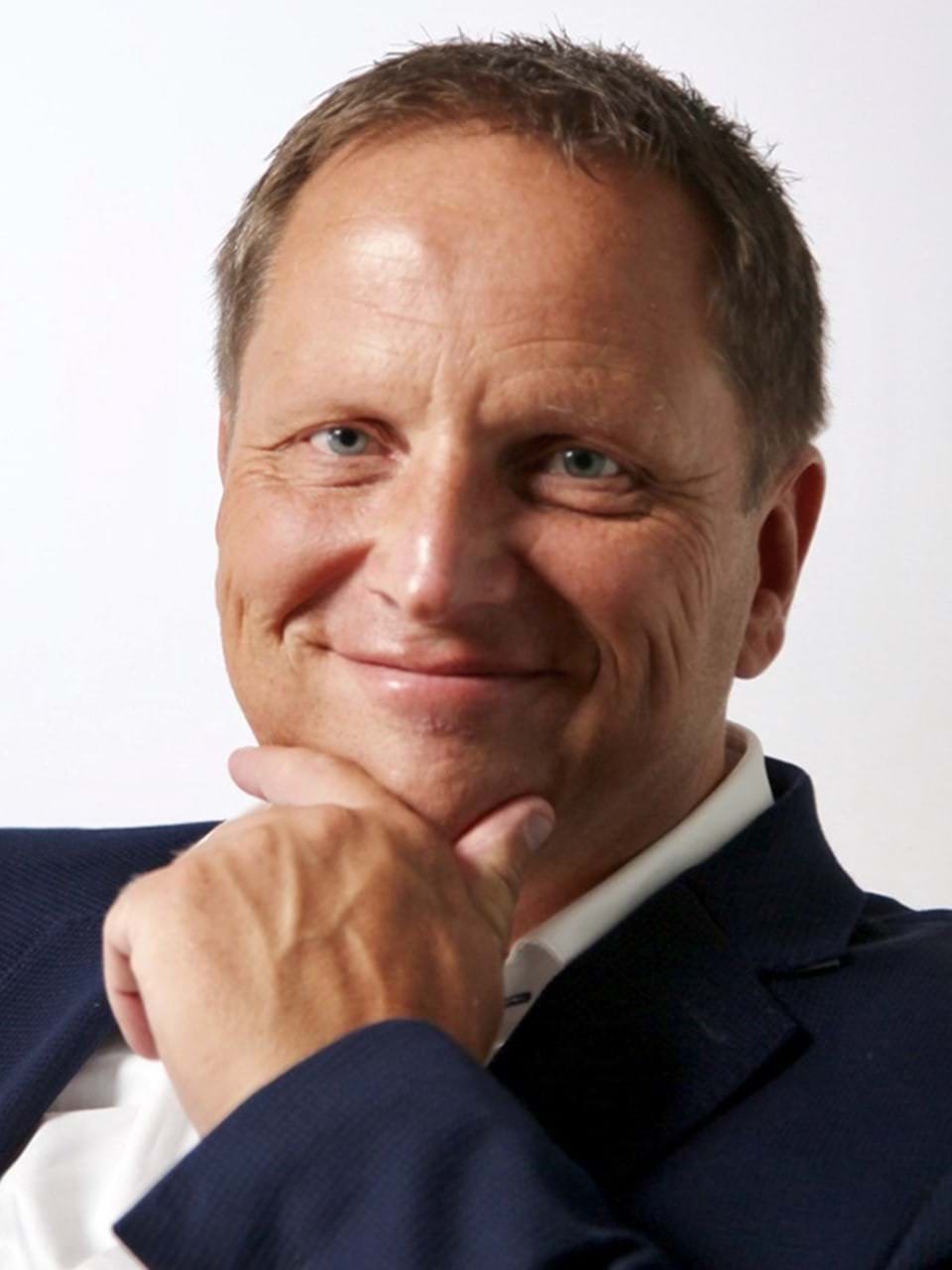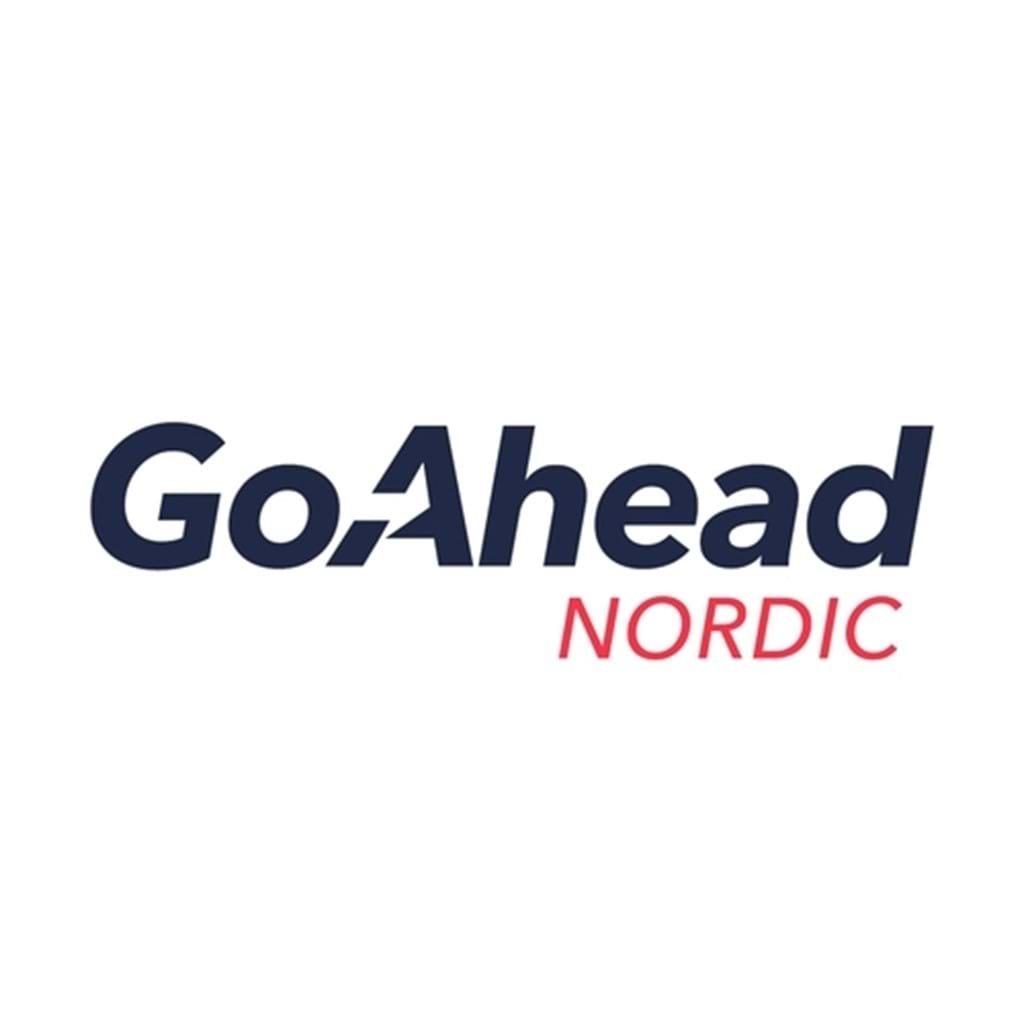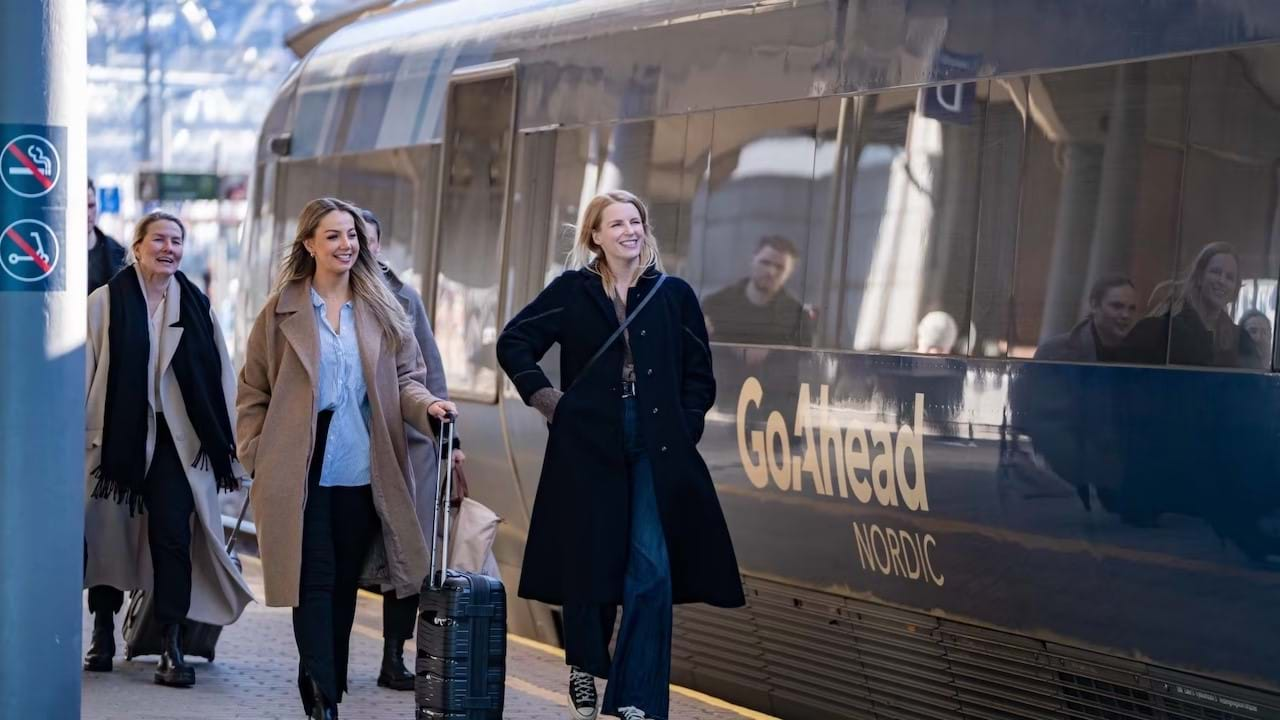Born amidst the storm of the Covid-19 pandemic, the private train company Go-Ahead faced a significant challenge. After two intense years of operation, they were confronted with the crisis of saving the company within a tight timeframe of six months during Christmas of 2021, all while they lacked a key leadership role – a CFO.
Revenue Fell by 90 percent
When the Nordic CEO, Magnus Hedin, started up the British-owned Go-Ahead Nordic in 2017, he probably thought things would run more smoothly than they ended up doing. But black swans never ask for permission to appear, and when the pandemic hit the country in March 2020, the company was only three months into its first operational year.
"Covid hit us brutally. We had just taken over passenger traffic on Sørlandsbanen and Jærbanen from NSB. When the Norwegian Minister of Health shut down the country, revenue fell by 90 percent, leading to layoffs, infection control measures, crisis packages, and adjustments to the route offerings," says Hedin.
Suddenly Without a CFO
In December 2021, the company suddenly found itself without a CFO, and management had to act quickly:
"We contacted Narve Karlsen at Interimleder. Our request was for an experienced interim CFO with a backbone," Hedin explains.
A couple of weeks later, Bjørn Mikal Henriksen was in place as the interim CFO. He had experience in the role from companies like Unilabs and Personalhuset and more than 25 years in various leadership roles, including COO and Managing Director.
"It was an exciting case. This is a unique industry, so Go-Ahead needed a CFO who was good with numbers, operationally and strategically, but who could also communicate convincingly with stakeholders and politicians. I feel that we managed to deliver on that and thus contributed to saving the company," says Karlsen.
Saved the Company and Reduced Losses by 350 million
When Henriksen started in January 2022, the Go-Ahead management was already in close dialogue with the Ministry of Transport and the Railway Directorate to find openings in the contract that could alleviate the burden for the hard-pressed company.
"We only had one contract, in which we were obligated to run full traffic, but with strict regulations and passengers seated every other seat. In our industry, it costs the same to run a train whether you have ten or a hundred passengers in a carriage, so it goes without saying that the economics did not add up," explains Henriksen.
If the company were to survive, they needed to secure a new agreement before the summer vacation.
"There was a period of great uncertainty and pressure for several of the top management team, which led to some of them looking for other opportunities," Henriksen says.
But before the calendar turned to July 1, Henriksen, Hedin, and then CEO, Cathrine Elgin, sat down at the negotiation table with the Railway Directorate and inked a new agreement. This reduced losses by just over 350 million kroner.
Cultural Change and “Pushback”
After a year as interim CFO, Henriksen was hired permanently. When asked to sum up his main project in the company, he responds as follows:
"In the beginning of the pandemic, the government covered a hundred percent of our loss, eighty-five percent in 2021 and fifty percent in 2022. This affected the cost culture. My project has been to contribute to a cultural shift in the company, develop new and better reporting and analysis tools, and use the finance department as a hub for improvement."
He also introduced the concept of "pushback," which became an important approach for Go-Ahead, the first private company in the new tender-based Railway Reform:
"The idea was that instead of constantly accepting the framework conditions, we should challenge them. If we were going to make the reform work, we needed to be assertive and make strong demands from those who deliver trains, lines, repairs, and those who manage the framework conditions for us."
Investing Despite an Uncertain Future
Despite disappointment after the previous change of government, where promises to the industry were cancelled and new contracts were awarded to established competitors, the company has invested significantly in IT, trains, and personnel, and continues to "stoke the coals" even though it is still uncertain how future framework conditions will look.
"We want to show how capable we are and we hope that the government sees the value of having multiple players in the industry that can stimulate and challenge each other," says Hedin.
A Clear, Challenging, but Caring Leader
In the meantime, they have the parent company's blessing to continue, and are using the time to turn over every stone to cut costs, find new revenue, and streamline operations. Hedin is therefore pleased to have Henriksen as CFO in Norway:
"Bjørn Mikal is a clear but caring leader, who has shown a sense of urgency from the start, and who dares to ask the tough questions in the management team. He has also built trust internally with the Group CFO and Group Business Controller by having a plan and communicating progress continuously," says Hedin.
"The Collaboration with Interimleder Has Been Brilliant"
Hedin characterizes the collaboration with Narve at Interimleder as brilliant, and he is convinced that being able to offer such a large pool of qualified candidates will only become increasingly attractive to companies.
"Interim management is a well-established concept and term, and something I associate with something safe and steady, in contrast to the somewhat more vague term 'management for hire'," Hedin concludes.
About Go-Ahead Norway:
- Go-Ahead Norway is owned by Go-Ahead, a British-owned international passenger transport company
- Started operating in Norway on December 15, 2019
- Operates traffic on Sørlandsbanen, Arendalsbanen, and Jærbanen
Situation and challenge:
- The company was without a CFO in December 2021
- Dramatic drop in revenue after Covid-lockdown
- Had 6 months to save the company
Solution and results:
- Hired an experienced interim CFO, who was later appointed permanently
- Rebuilt internal trust towards group management in the conglomerate
- Made efforts to change the cost culture in the company
- Reduced loss provision by 350 million kroner
- Created a cost-cutting program that will save 85 million kroner over the next three years

"Bjørn Mikal is a clear but caring leader, who has shown a sense of urgency from the start, and who dares to ask the tough questions in the management team."
Magnus Hedin
CEO i Go-Ahead Nordic

"My project has been to contribute to a cultural shift in the company, develop new and better reporting and analysis tools, and use the finance department as a hub for improvement."
Bjørn Mikal Henriksen
CFO i Go-Ahead Norge AS

"It was an exciting case. This is a unique industry, so Go-Ahead needed a CFO who was good with numbers, operationally and strategically, but who could also communicate convincingly with stakeholders and politicians. I feel that we managed to deliver on that and thus contributed to saving the company."
Narve Karlsen
Senior Advisor and Partner at Interimleder AS

Go-Ahead Group is a British public transport company that has established itself as a significant player both nationally and internationally. In Norway, Go-Ahead Norway operates the railway traffic on Sørlandsbanen, Arendalsbanen, and Jærbanen. The Go-Ahead Group aims to improve public transport in Norway and the Nordic region by being a reliable partner for authorities and contributing to sustainable and innovative transport.
